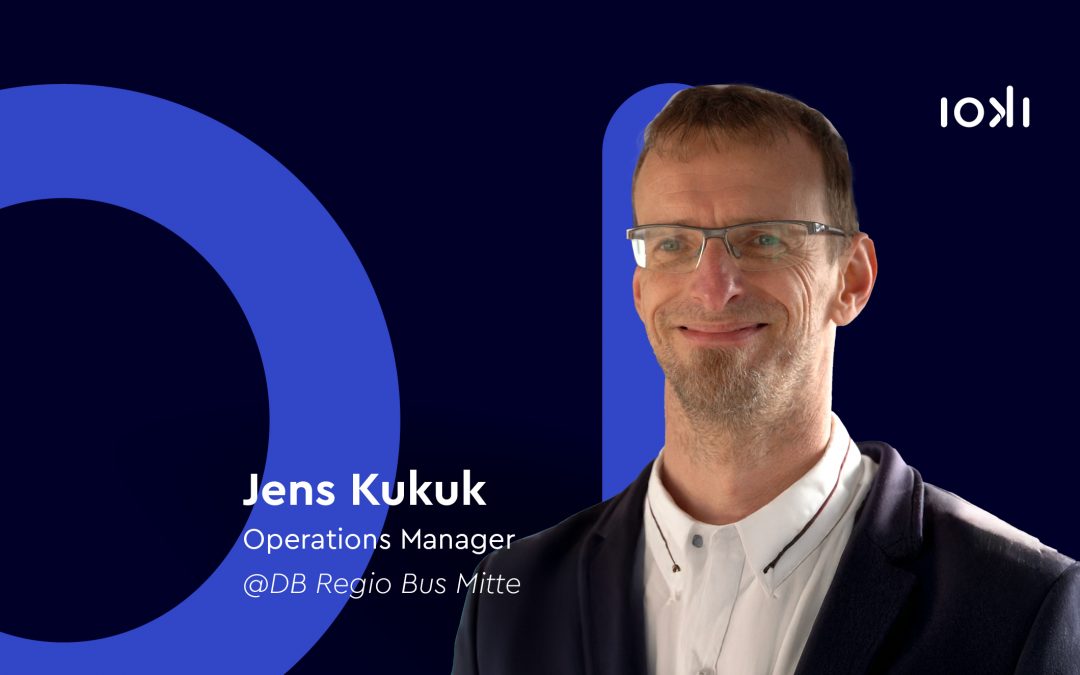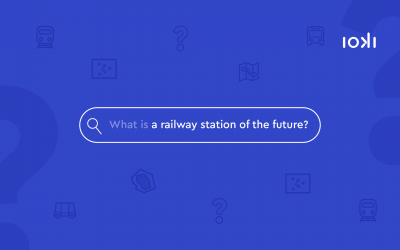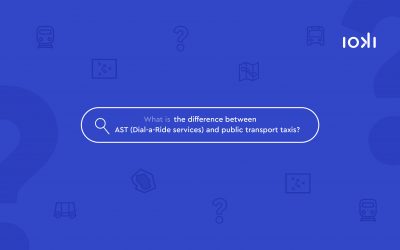And so, every morning we are in the middle of the daily chaos of traffic jams that suddenly no longer feel progressive and dynamic at all. Even though, new work offers plenty of room for individual time models, home office and digital communication, the actual presence at the workplace is still indispensable. In figures, this means nothing more than 400 kilometers of traffic jams – and that is only for the daily rush hour on Germany’s highways.
For the vast majority, the private car still seems to be the most uncomplicated solution for their daily way to work – after all, it promises flexibility and comfort. Additionally, large company locations are located in peripheral areas that are only partially connected to public transport and thus, make the car – at least at first glance – the means of choice.
Are the days of the company car numbered?
However, it is hard to overlook the fact that this routine can have negative effects on employees, employers and, last but not least, the environment: overcrowded employee parking spaces, delays in operations and daily business due to delays caused by traffic jams, and obviously, the fatal progression of climate change.
This inevitably raises questions for every employer: What measures can I take to support my employees as best as possible in their individual mobility needs? Which solutions represent an economically and ecologically sensible alternative to the classic company car? What options do I have concerning new work methods? And in general: What responsibility do I actually bear as a company in the context of the traffic turn?
Getting to the bottom of all these questions, we quickly learn: There are definitely demand-oriented, environmentally friendly and cost-efficient solutions for organized employee mobility! Especially in times of digitisation, the offers are more diverse and more combinable than ever: Whether job bike or ticket, mobility budget or smart on-demand shuttle service – the days of daily commuter chaos seem to be numbered. Because new forms of mobility are conquering the streets and are thereby, enabling more mobility with less traffic at the same time.
Our employee shuttle pilot with the pharmaceutical company Roche, for example, sets an example. In spring 2019, we conducted a six-week practical test to investigate the use and benefits of demand responsive transport (DRT) for employees and companies: In order to bridge the first and last mile we provided a group of 25 commuters with a shuttle service, which was integrated in the conventional rail traffic. Arriving at the station, the next DRT shuttle was already waiting for the Roche employees to arrive at their workplaces – on time and uncomplicated. The employees used the time in the shuttle efficiently, networking with other colleagues, checking their emails or simply taking time for themselves as part of their work-life-balance.
On Demand Mobility for your employees
The result? A relaxed route to work along a continuous travel chain that also leaves room for individual mobility needs and personal exchange with colleagues: “Our employees have a wide range of mobility requirements: We want to offer a sustainable solution for both, the young father who brings his child to the daycare center in the morning as well as the employee without her own car. In a pilot project with ioki, we tested how we can make public transport even more attractive for our employees. And with success,” says Martin Haag, site manager at Roche Mannheim, summing up his experience.
And now? There is still one question left, that needs to be answered – maybe even in discussion with you? Is organized mobility a must do or only nice to have for companies? To answer this question, we take a look back at our starting point in this article: the ever-changing world of work today. This is because every employer – whether in the city or in the countryside, whether a corporate group or a medium-sized company – needs compensation mechanisms such as employability to attract and retain employees. Concrete and innovative measures such as the provision of needs-based mobility solutions can represent a clear advantage for employees and help the company to position itself as a future-oriented employer with a special focus on the needs of employees – even beyond the four walls of the office.



